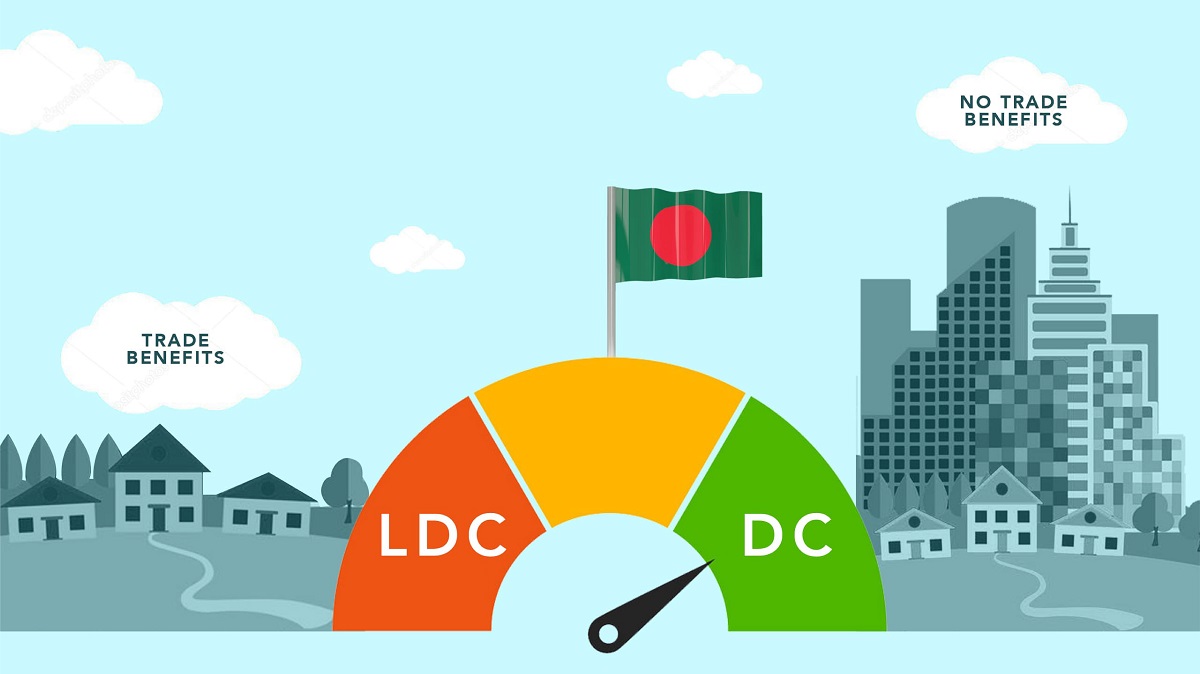Dhaka adopts roadmap for aggressive tariff overhaul ahead of LDC graduation
BY Insider Desk
October 25, 2025

Bangladesh has adopted a comprehensive and time-bound roadmap to overhaul its tariff structure, aiming to align with global trade standards and prepare for the country’s post-graduation era from the least-developed country (LDC) category in November 2026.
The plan, embedded in the National Tariff Policy (NTP) issued through a government gazette on August 10, 2023, outlines a phased reform strategy focusing on tariff rationalization, export expansion, and enhanced industrial competitiveness.
Officials said the National Board of Revenue (NBR) has circulated the implementation deadlines to relevant ministries for execution.
The roadmap seeks to bring all customs duties and taxes in line with Bangladesh’s World Trade Organization (WTO) commitments by June 2026.
The current total import duty-tax rate of 26.15 per cent is set to fall to 25 per cent by fiscal year 2026–27, further dropping to 19 per cent by FY 2029–30. The gradual reductions are designed to promote consumer welfare and make domestic industries more competitive.
The use of Regulatory Duty (RD) will be restricted to emergencies, with plans to adjust or withdraw RD on 1,036 of the 3,236 HS Codes by FY 2030–31. Automation of customs procedures, including a digital Duty Drawback system for exporters, is targeted for completion by June 2027 to streamline refunds and cut bureaucratic delays.
The policy also eliminates “user-specific duty concessions,” including preferential tariff rates for micro, small, and medium enterprises (MSMEs) by June 2027, ensuring a level playing field. However, industries engaged in both domestic and export markets will receive full duty exemptions on imported raw materials used in export production, under a bank-guarantee mechanism to be finalized by mid-2026.
To support emerging industries, the Bangladesh Trade and Tariff Commission (BTTC) will continue providing research-based protection under the Protective Duties Act of 1950. Full automation of customs systems is scheduled by June 2026 to improve transparency and ease of doing business.
The government views the NTP as a key policy instrument to cushion the impact of losing LDC trade preferences, aiming to strengthen Bangladesh’s position in global markets through tariff efficiency and compliance with international norms.
Tags:
Most Read

Electronic Health Records: Journey towards health 2.0

Making an investment-friendly Bangladesh

Bangladesh facing a strategic test

Understanding the model for success for economic zones

Bangladesh’s case for metallurgical expansion

How a quiet sector moves nations

A raw material heaven missing the export train

Automation can transform Bangladesh’s health sector

A call for a new age of AI and computing
You May Also Like
